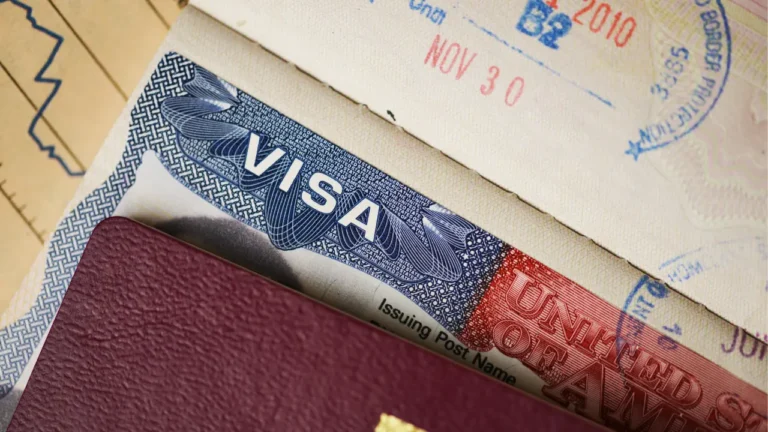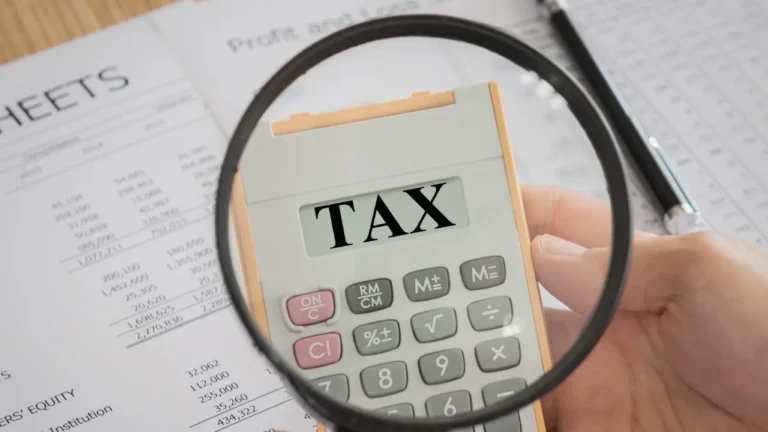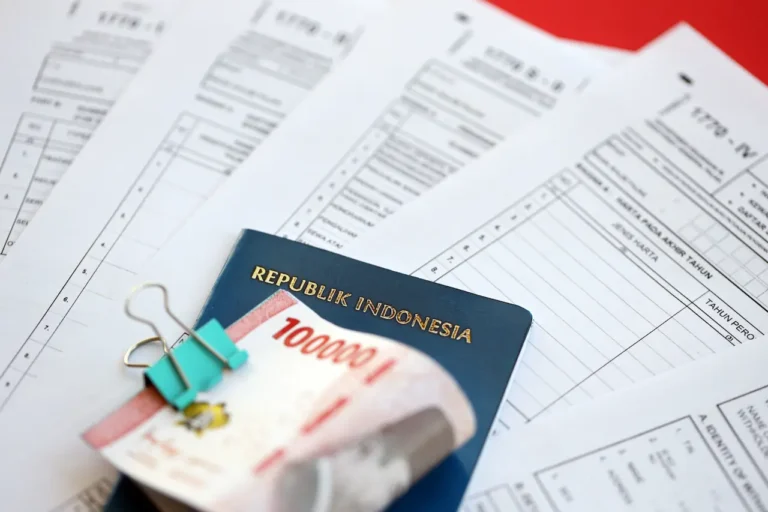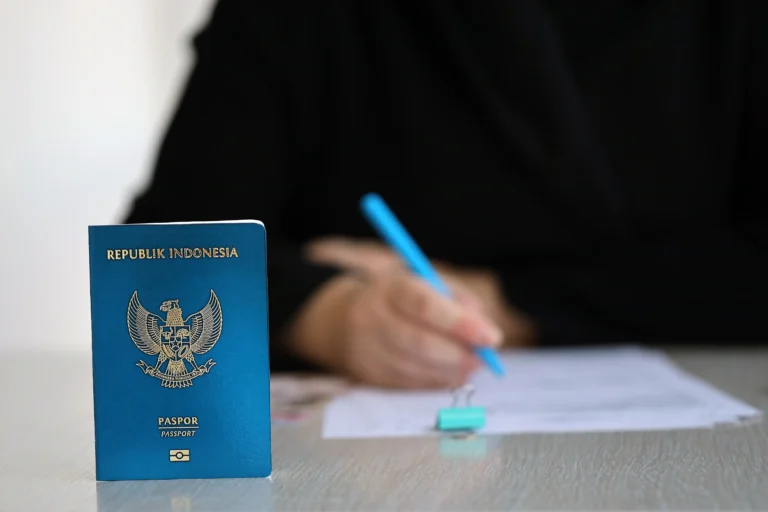Table of Contents
ToggleInvesting in property in Bali and Lombok generates a high return on investment. However, the way to invest in property can affect your tax depending on your tax residence. Developers and real estate agents often recommend property investment in Bali under personal names through leasehold agreements. But what’s the reality? What are they not telling you, and how might you be misled?
Agrarian Law from 1967
The Indonesian law in Indonesia is clear. Individuals cannot invest in Indonesia under their name if they are not residents. Here are the person or entity authorized to invest in land and property in Indonesia:
- Resident (Foreigner with a KITAS or local)
- Foreign entity with a representative office in Indonesia
- Companies such as PT PMA
Despite the agrarian law, some notaries or common practice let foreigners invest under their names and sign rental agreements (Leasehold agreements).
Never worry about taxes and accounting again
Dealing with finances, taxes, and accounting can feel overwhelming, especially as a foreigner in Indonesia. Let us guide you through processes like tax calculation, payroll, personal or corporate tax, short-term investments, balance sheet analysis and much more.
With ILA by your side, nothing can go wrong. Schedule a free consultation today or learn more about our tax and accounting services.
What is a leasehold agreement in Bali and Lombok?
Lombok doesn’t offer leasehold agreements very rarely. Bali has its specificity historically to provide leasehold agreements to investors, while the rest of Indonesia offers mostly freehold land or villas.

The leasehold agreement (Hak Sewa) is a rental agreement for a certain time. This agreement has terms and conditions between two parties. It is important to understand that this type of agreement doesn’t represent a property investment and taxation and capital gain will be treated differently as a freehold. At ILA, we still receive requests regarding mortgages on leasehold property, essentially due to a misunderstanding or misleading from developers or real estate agents advertising foreigners are buying a property. To be clear, when a foreigner buys a leasehold property, they do not buy a land or villa. They rent a villa or land. This has serious implications:
- Impossibility to mortgage
- The owner can always resell the property
- Taxation is different and less advantageous
- No right to build on the land legally under the foreigner’s name
Unfortunately, in property investment in Bali, we have encountered cases where landowners resell the land, and the new owner forces the lessee out by repaying the lease. For a lessee building a villa after having paid only the lease value of the land, this has significant consequences. It means the client loses the value of the construction, and there is nothing legal to do about this. We recommend having a strong contract of origin to protect the buyer.
Freehold Property in Bali and Lombok
Contrary to leasehold property, the land title is transferable to the PMA or foreigner if the foreigner buys a property under a PMA or, for example, an apartment under a KITAS.
The land title has a limited duration of 80 years (30+20+30). However, the buyer can resell the property at the price of a freehold property during the validity period.
Read More : Do You Need To Pay Taxes As A Digital Nomad In Bali
Tax Optimization and Legal on Property Investment
Taxation is important and affects the return on investment and can bring some unlucky surprises.
Why do real estate agents and developers recommend investing under personal names?
Some real estate agents and developers recommend investing under personal names. Here are most of the reasons:
- They want to close the deal quickly and think that opening a company will slow down the process while there is many ways to secure the deal while the company is created
- If the buyer has a PT PMA, the buyer has to withhold the tax so the seller cannot hide the tax to the tax office.
- When they resell the property, some buyers want to undervalue it and do not declare the tax, making two agreements with the notary.
Those reasons are not acceptable and can create significant challenges for buyers engaged in property investment in Bali when reselling the property or receiving income. In some cases, the resale of a lease or the income derived from it is considered rental income. For example, reselling a lease of 25 years would be considered as receiving an income for 25 years of rent……Taxation, in some cases, can be huge.
How do you invest as a tax resident?
As a resident, investing under a personal name might be interesting as the taxation on a lease is a final tax of 10%. However, a tax resident as a foreigner cannot receive income from a business without a proper licence. A company with a proper licence is still necessary to obtain legitimate income.
How to invest as a non-resident?
As a non-resident, the best way to invest is through a PT PMA. This PT PMA will own the lease or the freehold property. As shareholders, the non-residents can get an investor in KITAS. This investor, KITAS, allows the non-resident to be taxed at 10% on dividends (profit). Unlike rental income, dividends are usually included in the non-double taxation in the tax treaty.
Investors looking to receive a lower tax on dividends can also have their PT PMA held by a company overseas with a better tax treaty with Indonesia than the one in their home country with Indonesia.
For example, if France has a good tax treaty with Hong Kong, France has a bad treaty with Indonesia and Hong Kong has a good tax treaty with Indonesia. It might be interesting to have Hong Kong invest in Indonesia and take the dividend from Hong Kong to bring it back to France.
Investing in Indonesia can sometimes be difficult to master as 10 people can give you different opinions. We recommend talking to a proper professional and tax consultant to understand the best investment method. Each investor has a personal situation and cannot be similar to another one. Each country has different tax treaties and treats income in different ways.
Despite what some property management companies can affirm, a rental income sent directly to overseas investors is subject to 20% withholding tax. Some property management may face serious penalties with the Coretax system (implemented in 2025) if they do not withhold the tax. Foreigners may suddenly see their return on investment being taxed at 20% on top of the 10% local tax and being taxed in their home country as well, making property investment less profitable with this scheme.























